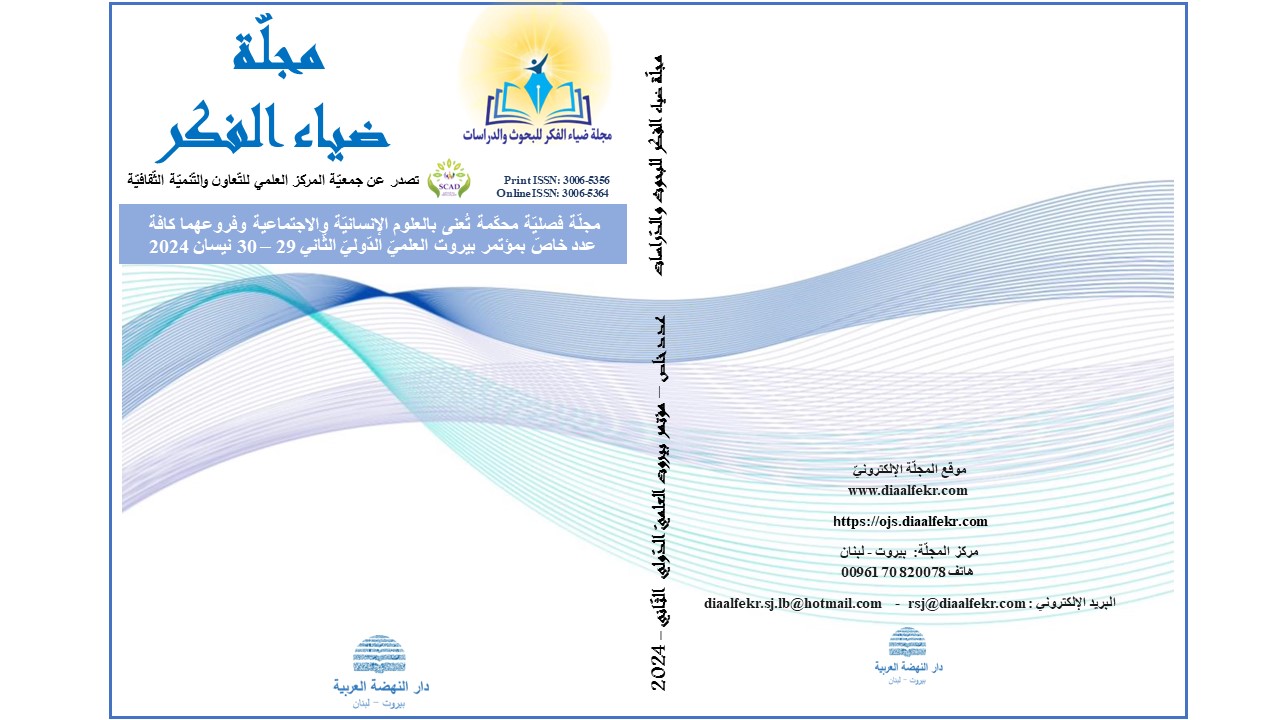Military alliances after World War II and their impact on international relation
Keywords:
Soviet Union, Military Alliances, Strategy, World War II, NazismAbstract
Following the end of World War II in 1945, the most important developments that had been occurred in international politics was represented by the clear emergence of conflict between the victorious countries, and these countries that had been divided into two divisions. These are represented by socialist camps led by the Soviet Union and the countries of Eastern Europe, and the capitalist camp led by the United States of America and its ally Britain and other Western European countries.
Regarding the phenomenon of military alliances, it could be submitted that This phenomenon came in order to achieve security, as well as to seize and control others countries. Thereafter, with many developments that affected international relations and over successive stages of time, military alliances have evolved in terms of goals and functions. Thereafter, with many developments that affected international relations and over successive stages of time, military alliances have evolved in terms of goals and functions. These functions have taken place in light of the meaning of security in The Western concept which expanded in accordance with a new vision that has taken pre-emptive war as an effective strategy for achieving security.
It is normal for this transformation that has occurred in NATO in terms of development and expansion met attitudes of the other party (the Soviet Union), which has always represented one side of the security balance in the world. What follow was that this position would have been compatible with the international and internal circumstances of (the Soviet Union), which is experiencing states of economic weakness in its transitional era. Thus, the United States and Britain began seeking to form a strong front in the Middle East against the Soviet Union, particularly after the growing communist threat to the West and its regimes.





